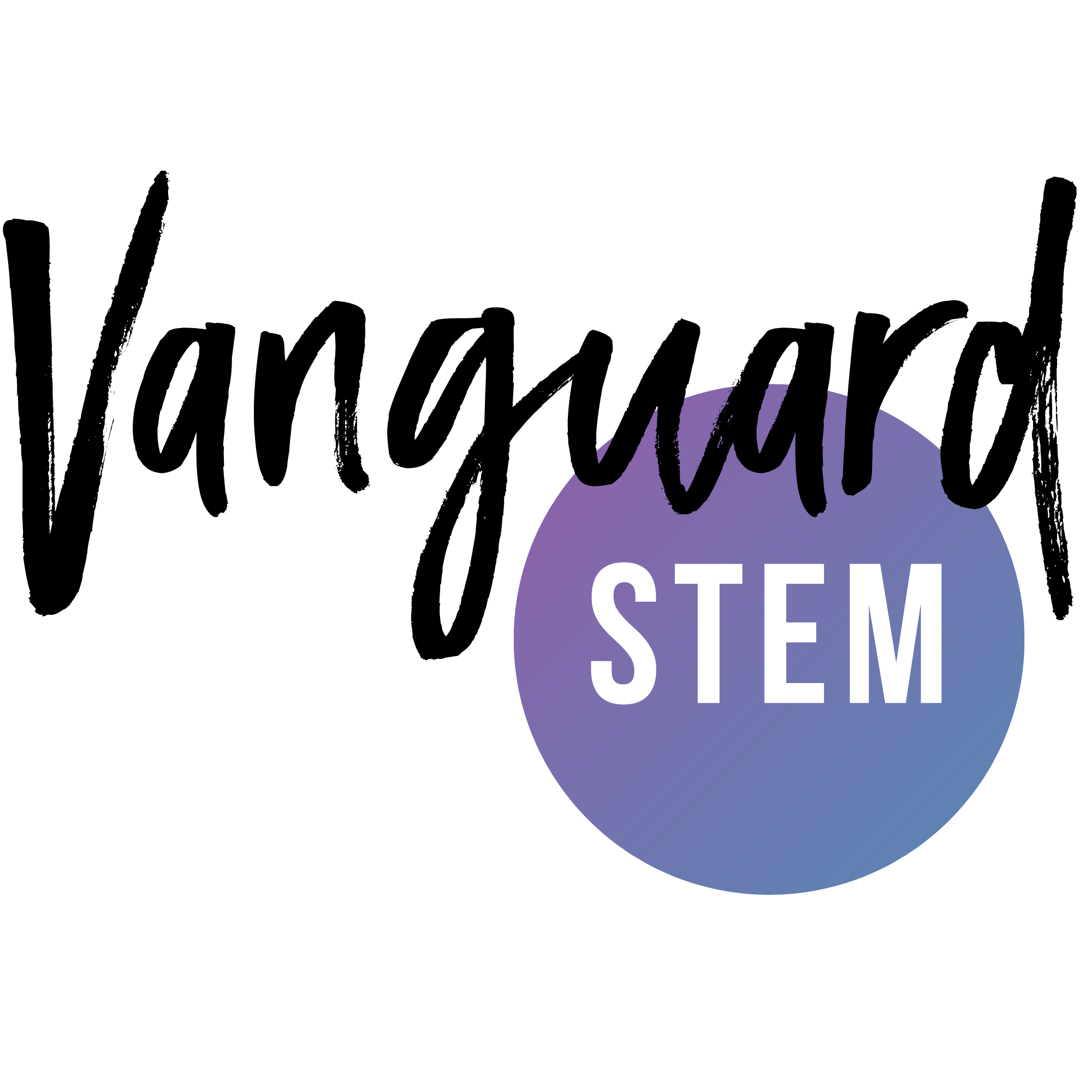Our #WCWinSTEM, Brianna Posadas, is a Latina engineer and doctoral candidate who works at the intersection of agriculture, engineering and policy.
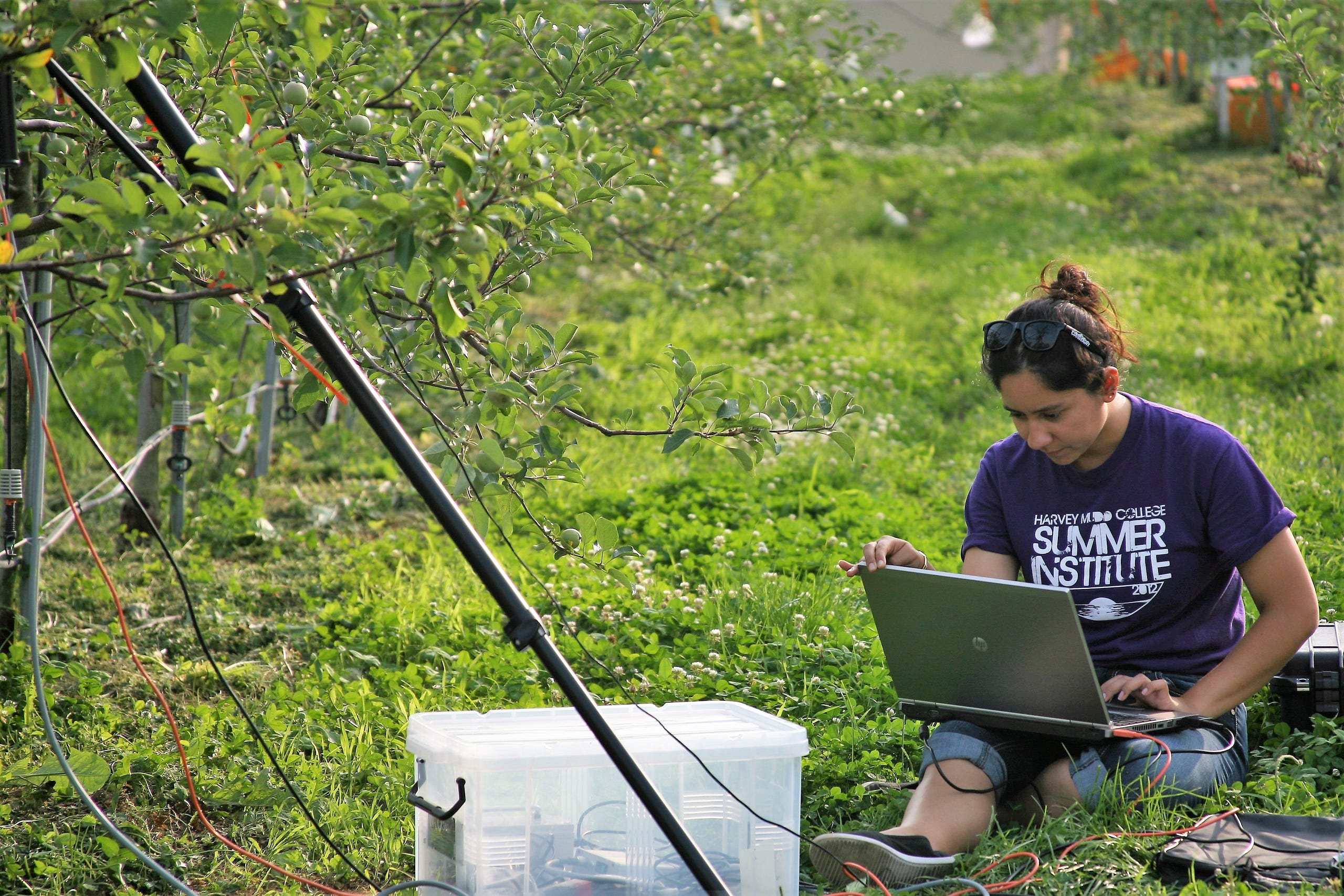
Responses may be edited for clarity and brevity.
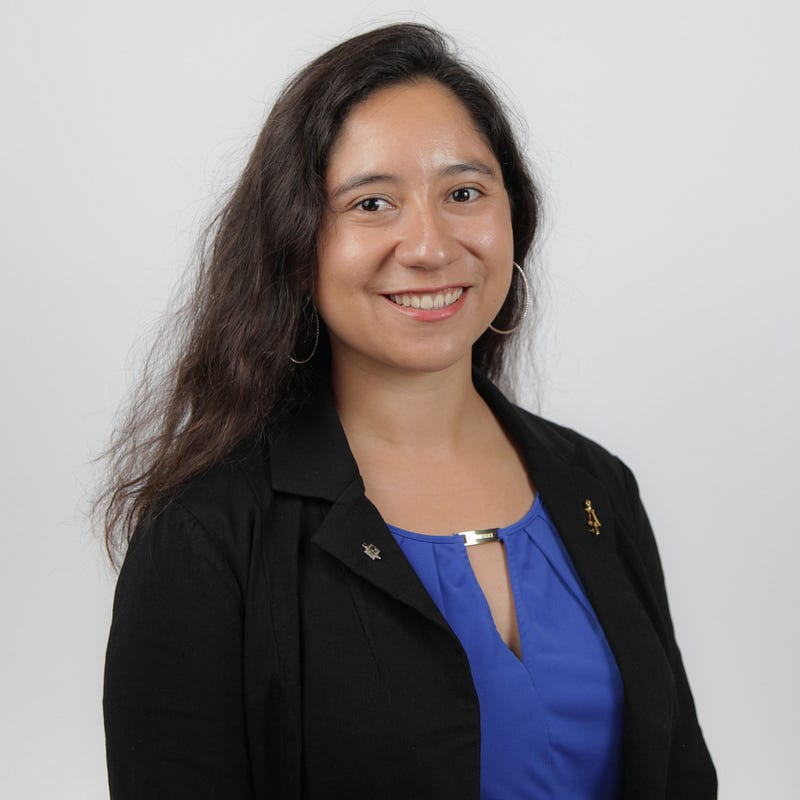
Where did you go to school?
- Ph.D. Human-Centered Computing, University of Florida, Gainesville, FL (in progress)
- M.S. Agricultural and Biological Engineering, University of Florida, Gainesville, FL
- B.S. Engineering, Harvey Mudd College, Claremont, CA
What do you do right now?
I am a Ph.D. candidate in human-centered computing working on creating a crowdsourcing platform to collect data for precision agriculture. My thesis focuses on conducting research and creating policies that ultimately work together to improve food security by making agriculture more accessible and usable.
I am working with the University of the District of Columbia to collect data on lamb’s quarters growth in the district. My goal is to create citizen-science platforms that encourage people to assist with this data collection, which can then be used to create machine-learning algorithms. In turn, we could use this interaction to educate people about important agricultural issues.
My work sits at the intersection of agriculture, engineering and policy. I’ve worked in D.C. in technology policy examining the use of algorithms in policing, and how new policies affect communities of color. I am particularly interested in how the advent of big data is currently shaping the agricultural industry and food security of different communities.
I also participate in outreach activities such as Skype a Scientist and Letters to a Pre-Scientist. These programs are so rewarding, and I wished I’d access to them when I was a kid. Whenever I Skype into a class, I am blown away by their intelligent questions and curiosity. I hope by seeing me, they see and feel that they’re more represented in STEM fields, and will continue to pursue those careers.
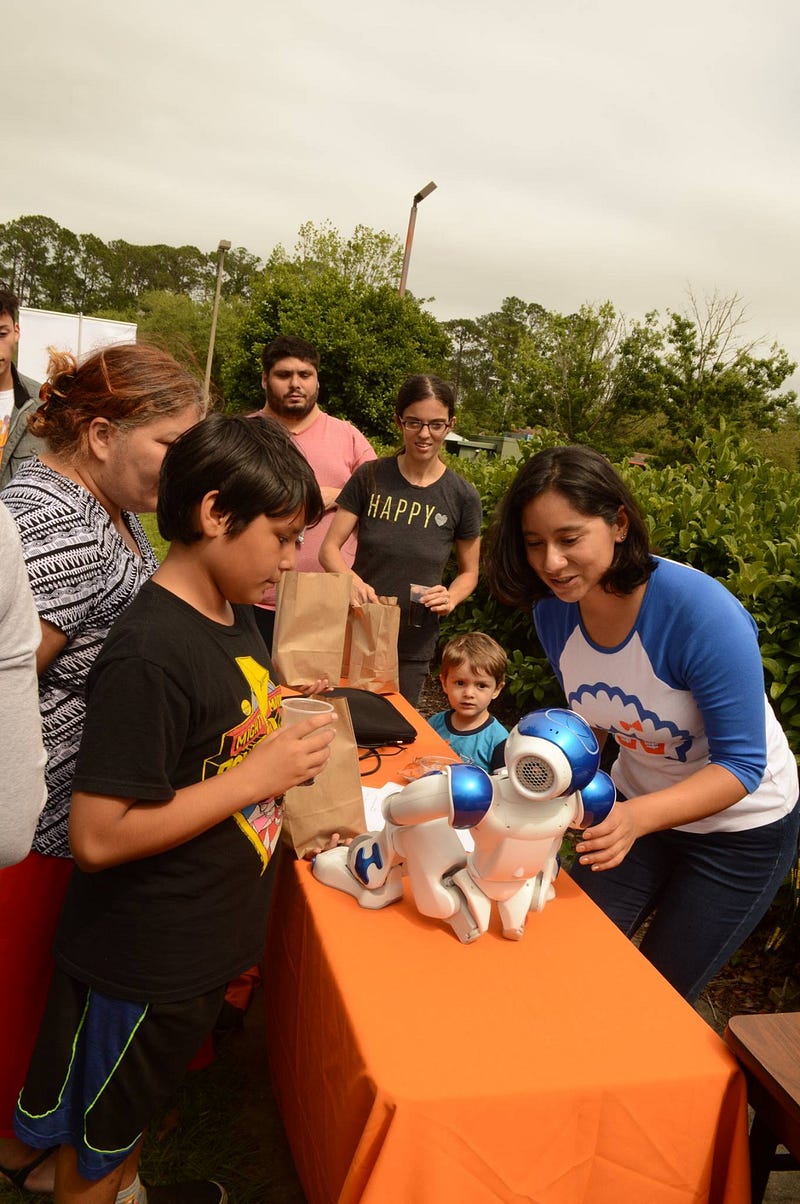
What made you choose your STEM discipline in the first place?
I was inspired by my mom, the first [sic] ingeniera (engineer) in my life, to pursue engineering in college. She was the first person in our family to go to college, and growing up, she made sure my sister and I believed we could do it, as well — that we could do anything we wanted to do. In high school, I always loved math and science, and I knew that engineering was a good way to put the two subjects together. I am so happy that I now can use all the skills I learned in those classes in my Ph.D. work.
What’s one piece of advice you wish you had when you started your STEM journey?
Not everyone’s STEM journey is going to look the same.
Some people will start programming when they’re five years old, while others (like me!) will start programming in their college freshmen computer science course — both paths are fine.
No matter where or how you start, you can achieve your STEM goals with the right support system!
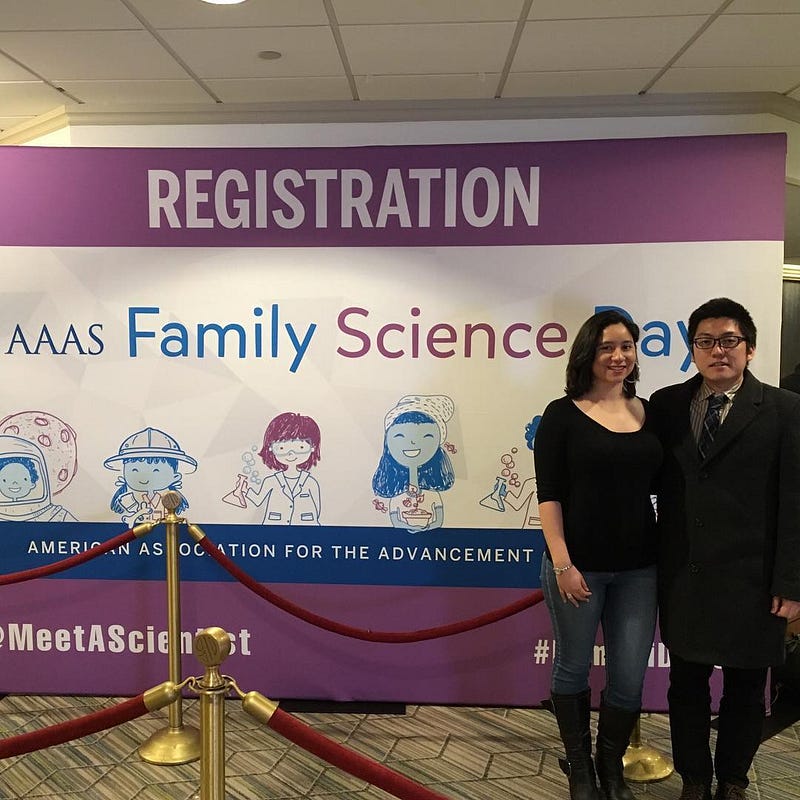
Do you have any woman-of-color-in-STEM sheros? Who and why?
Dr. Patricia Ordóñez — She also had an unconventional STEM journey and spends her time now lifting up other women of color in STEM. I first learned who Dr. Ordóñez was at the Tapia Conference. Later that summer, I was doing a story on a technology policy in which she was an expert. I sent her a cold-email for an interview and she happily obliged. After the interview, she invited me to participate in my first academic panel at the conference. If it wasn’t for her support of me and belief in my expertise, I would never have thought I was ready to be a panelist at a national conference. This story is so central to who she is. She is always seeking out opportunities to life and support other women of color in STEM.
Luz Rivas — I first met Luz Rivas during a summer high school program at Caltech. She ran the program at the time, and it was so empowering to be on such an amazing campus and seeing her work. It was one of my first glimpses into who I could be and what I could do. Since then, I have followed up on her career and have learned of the diverse paths an ingeniera can have. She founded DIY (“Do-It-Yourself”) girls and is now an assembly member for District 39 in the California State Assembly.
I recently returned from a conference where I presented the first poster from my dissertation project. It made me remember how the very first academic poster I ever did was at that high school program with Luz. I remember being very clueless about the process and why we were even being asked to make one. I was very nervous about the whole thing. But from that first poster in high school, in her program where she planted a seed, I am now finishing my Ph.D. and looking forward to how far my journey will go.
What else are you passionate about?
I love dancing! In my free time, I do a little bit of salsa and bachata.
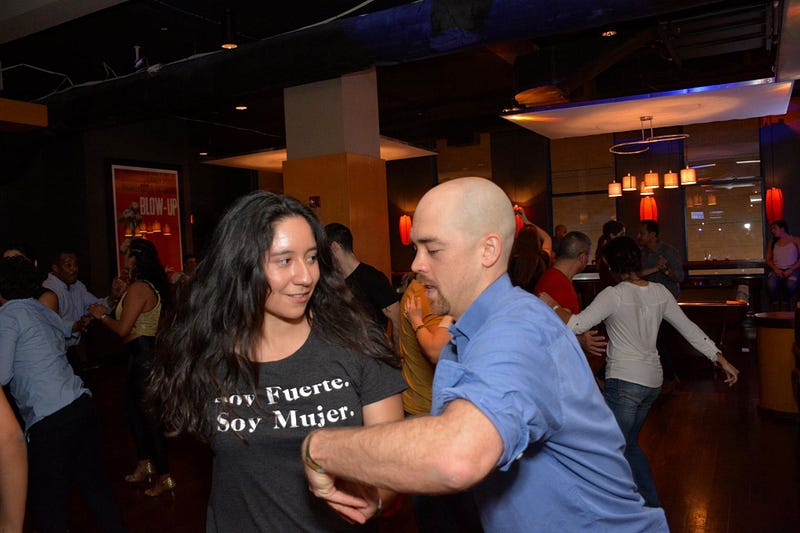
Why do you think it’s important to highlight women of color in STEM?
The most recent example I have of how important it is to highlight women of color in STEM is from my policy work. I have done technology fellowships in D.C., and one summer I worked with the pretrial risk assessments. In a meeting with activists and policymakers, I looked around the room and realized that not only was I the only person with technical training present, but also the only person of color.
Decisions are being made about our communities without [the input of people of color]. The people who are deciding technology policy are not actively involving us, but we need to be at that table. We need to encourage and support other women of color in STEM so that we can build up more representation in the designing of the future of technology.
For the longest time, I used to think that I couldn’t become a professor, because I didn’t think that people who look like me could end up in that career. I now have had the privilege of meeting a handful of Latina professors, whom I’ve gotten to know who have made me rethink who and what it is that I can become.
It has been so empowering to see others that I can identify with represented in my dream field of study and industry. Having that community is so important for success in the long run.
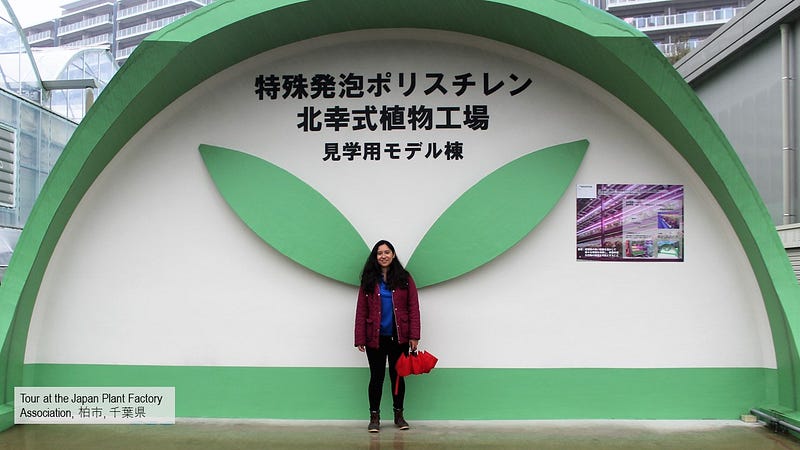
Are there institutions, groups or organizations you want us to shoutout?
I have created the greatest support group from people that I met at Tapia and SACNAS conferences. Going to these conferences, where it is mostly attended by scientists and engineers of color, always renews my passion for science. Each year, they give me the energy to keep going in my STEM journey.
Are there other axes of identity that also impact your life/stem experience that you want to speak to (e.g. religion, sexual orientation, gender expression, ability status, neurodiversity, etc.)? How do these axes of identity impact you as a woman/girl/gender nonconforming-person of color?
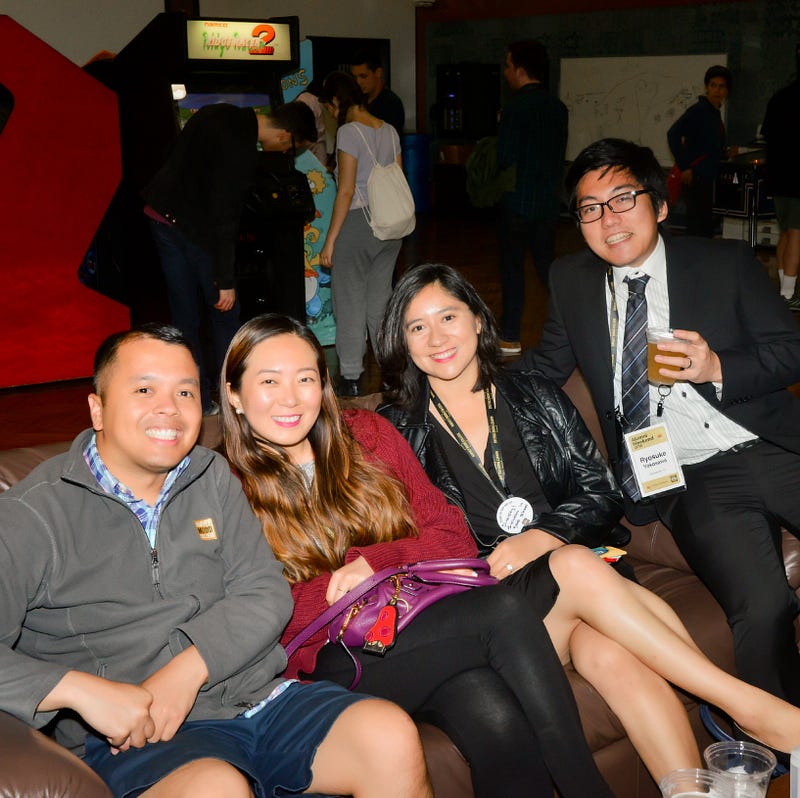
I was recently diagnosed with depression and anxiety. It has affected the way in which I approach my work, in that I have learned to not give into the “publish or perish” or intense workaholic mentality that so many graduate programs try to push on their students. I have learned to lean into my depression, listen and acknowledge my needs, and take care of myself first so that I can do quality work when I am able. I believe that even students who do not have depression and anxiety should learn to practice more self-care and learn that they do not have to work 24/7 to be successful.
Another identity that I recently encountered on academic Twitter are Ph.D. students who are married. I got married soon after I started my Ph.D. and my husband was also pursuing his doctorate. Being in any kind of relationship while in graduate school is difficult, and it has been a challenge for us to strike a balance between life, work and being there for each other. Communication is so important to making it all work. Being open and honest about your workload is key, when you need to just be alone or when you really need the extra support from your spouse.
Life doesn’t stop while completing your Ph.D., it just gets a little more complicated.
Is there anything else you’d like us to know about you?
I co-founded the Latino/Hispanic Organization of Graduate Students at the University of Florida to provide support to the Latino students at the university. From my time as an undergraduate, I knew how important it was to have these spaces and communities available for underrepresented students. We built the organization from the ground up, and when I was president in 2017, we won the outstanding cultural organization award from the student affairs department.
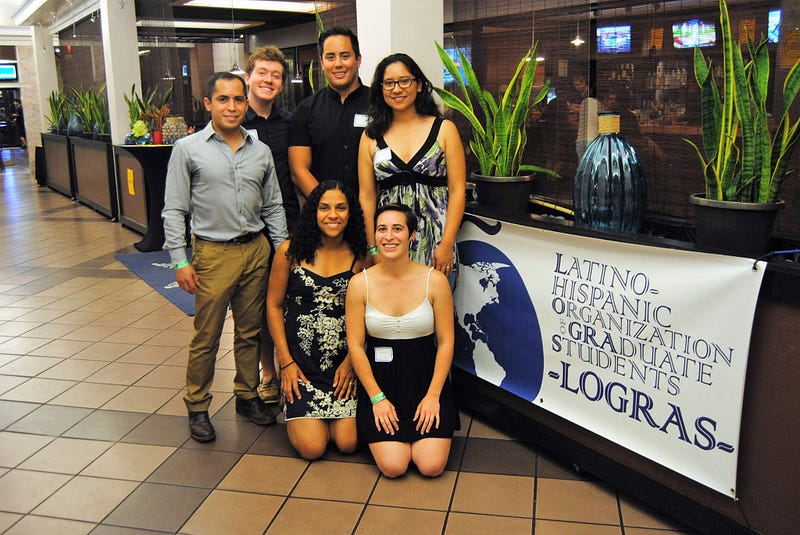
You can find on Brianna Posadas on Twitter, Instagram, Facebook and her personal website.
Thank you, Brianna, for your dedication to improving food security and making agriculture more accessible and usable. We’re honored to have you in our #VanguardSTEM Village!
If you enjoy our weekly #WCWinSTEM features, consider donating to our parent not-for-profit, The SeRCH Foundation, Inc., to help support this work.
